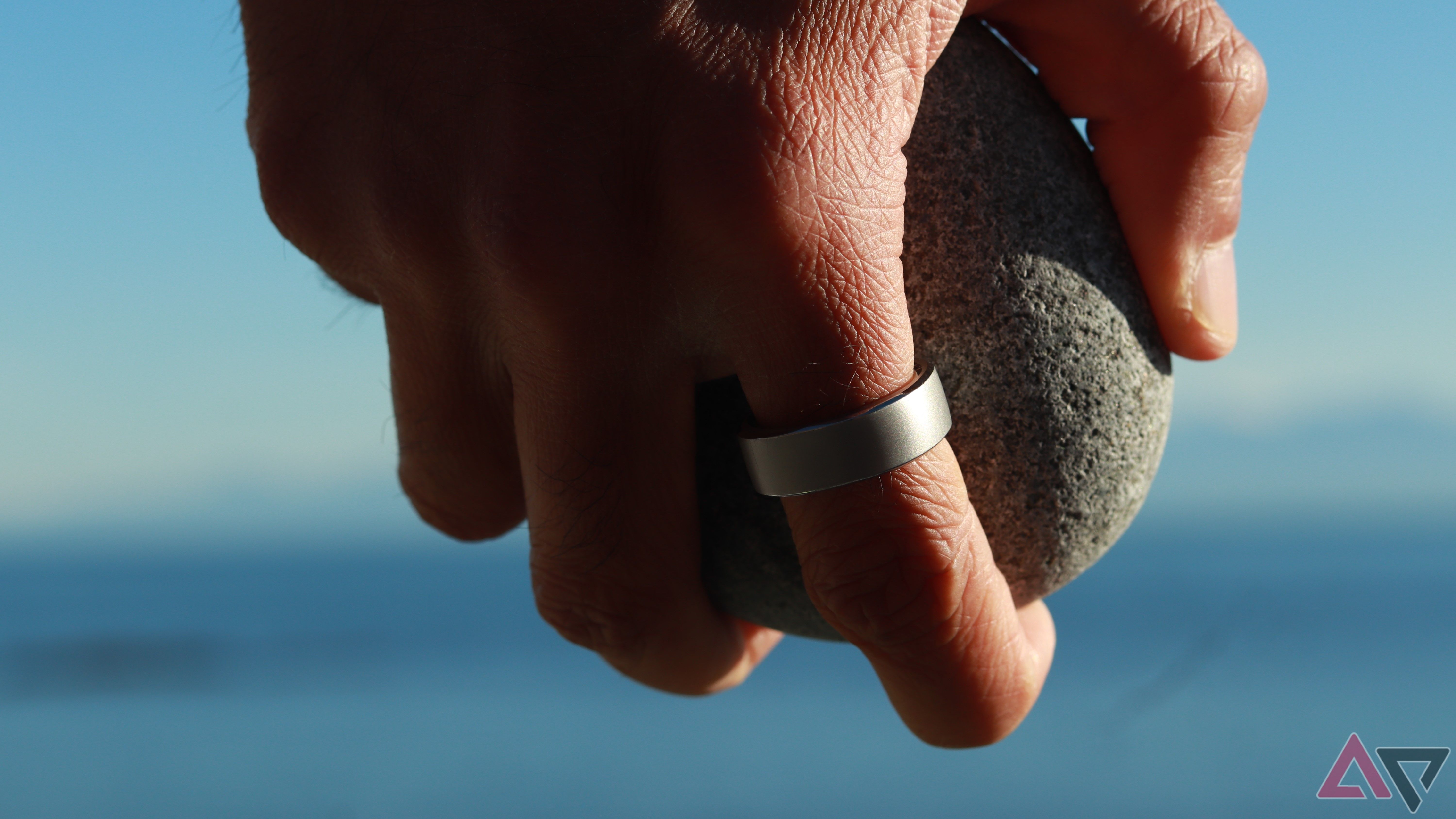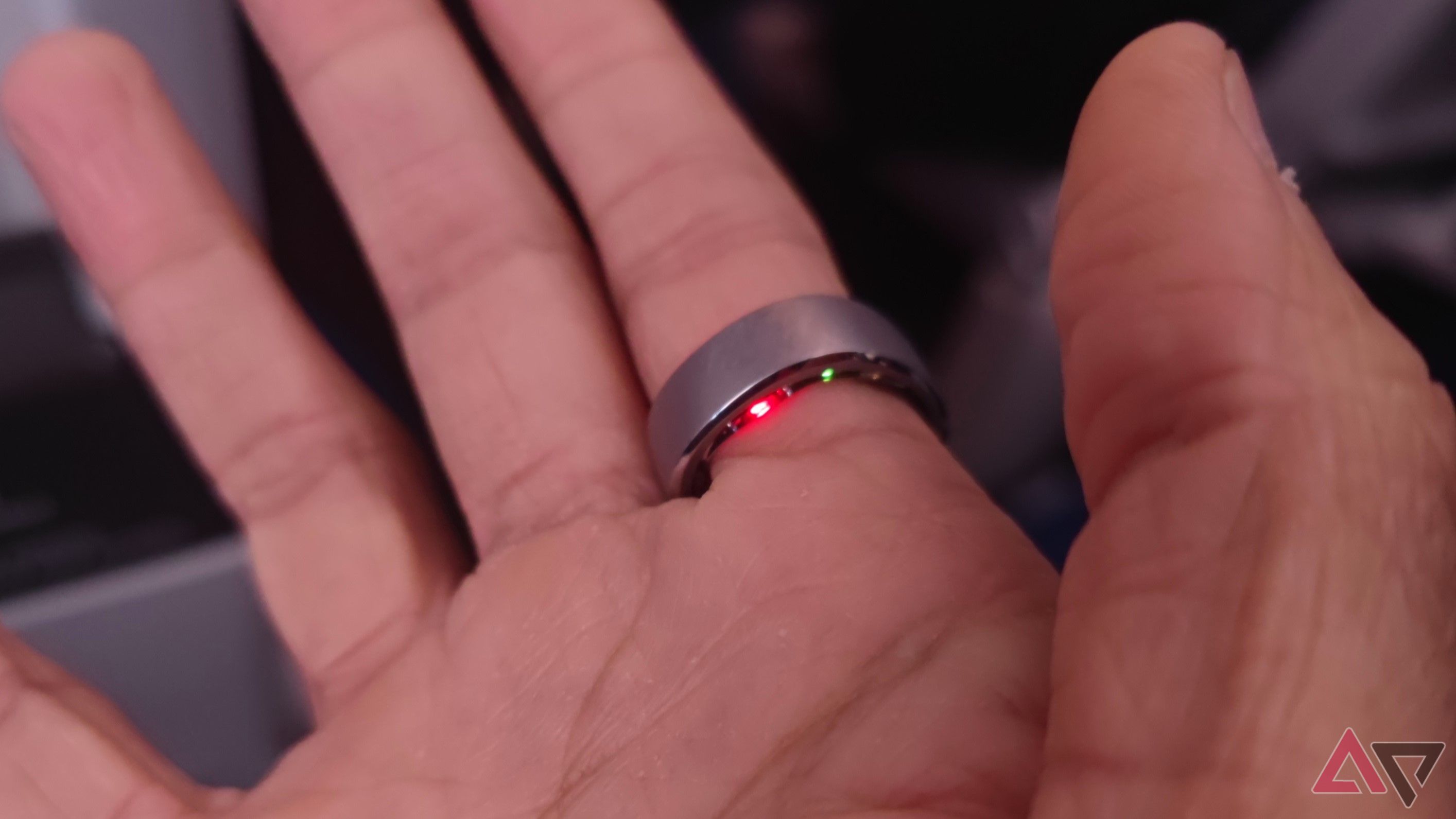Smart rings could end up being the breakthrough product category of 2024, as many more brands look to enter the segment in the near future. The future of this up-and-coming category is in an interesting place, with some believing that smart rings have the potential to go beyond conventional fitness trackers such as smartwatches, while others think they are plain dumb. The truth for you will greatly depend on what you’re looking to accomplish.
I’m a fitness enthusiast and longtime smartwatch wearer, but after a month or so wearing a smart ring, I think I’m a convert — but not for reasons you might think. I will preface this by saying that if you’re a serious athlete who needs to track multiple metrics accurately and in real time, a high-end tracker like a Garmin will be your best bet. But for everyone else who just wants to be able to keep a tab on how their body is functioning and know how to improve general fitness and well-being, smart rings deserve a strong consideration. Let me explain why.
Why you might be better off with a smart rings
Comfort and convenience are crucial
For any fitness tracker to work well, apart from being accurate, it needs to be able to monitor many parameters for extended periods. For instance, wearing a tracker just while you work out but not throughout the rest of the day will not paint an accurate representation of how your body functions. Along the same lines, not having one on while you sleep will not give you insights into your sleep quality and recovery. In short, the more information a fitness tracker can capture, the more useful it’ll be.
In fact, I’d argue that this style of usage is even more important than how accurate the tracking is, at least for an average user. Having more data about yourself and knowing your baseline metrics is an important first step. Even if the numbers aren’t clinically inaccurate, as long as your fitness tracking device can highlight variances and anomalies, it is useful.
I have worn smartwatches for years, but after a point, they felt more of a hassle than a help. I still want to know what’s going on with my body, but the idea of not having to wear a bulky device all the time feels liberating. I find watches are usually too big, while many purpose-built fitness trackers just aren’t very aesthetically pleasing.
If you’re familiar with smart ring marketing, you’ll know a big part of their proposed appeal is that they are small, inconspicuous, and most importantly, more comfortable than other form factors. After having worn the RingConn smart ring every day for a month, I have to agree — it feels far less obtrusive or “in the way” than any other fitness tracker I have used previously, and I am not even a person who’s used to wearing rings of any sort. I can have my vitals tracked all the time without being reminded of it — just put it on and forget about it. Yup, even while sleeping or running or swimming. By their very nature, bigger wearables will never be able to match smart rings in this regard.

Best fitness trackers in 2024
The top tech to track both your fitness and health in one handy device
One of the most common complaints you’ll hear from smartwatch wearers is the need to charge their wearable every night (though we seem to be making progress there). A lot of people charge their watches at night, missing out on important sleep data. Simpler fitness trackers generally have longer battery lives and thus need to be charged less frequently.
Smart rings typically only need charged once or twice a week, even with continuous health tracking enabled. Quite impressive for the tiny batteries they have, right? Charging them is usually quick too, with a full charge taking less than a couple of hours. Again, it’s just one less thing to worry about. I truly started appreciating this when I was traveling for a month recently and happily left my smartwatch and its clunky charger behind in favor of just a smart ring. Bonus points for not having to remove it during security checks at the airport.
Enjoy the tracking, not the reminders
Fitness info on your own terms
Another pet peeve of mine with bigger fitness trackers or really anything with a screen is that they push a lot of notifications and reminders throughout the day. I appreciate the tracking, but I’d much rather have a simple summary with actionable steps at my convenience than frequent reminders of what I should be doing and when. Some might see this as a drawback for smart rings, but I think that general users might not need real-time updates on everything as much as they think they might.
At the end of the day, the job of a fitness tracker is to track your fitness. In my month-long escapade with a smart ring, I am convinced that it is more suited for many average users who care about their well-being. By eliminating many of the hassles of smartwatch ownership, smart rings have the potential to be far more impactful at helping people with their fitness. And in early 2024, we are just at the start of the smart ring revolution. As the category goes mainstream in the coming months with more products such as the Samsung Galaxy Ring, I think consumers are in for a treat.

RingConn Smart Ring
After a month with RingConn’s smart ring, I’m all but ready to give up wrist-based fitness trackers for good.







